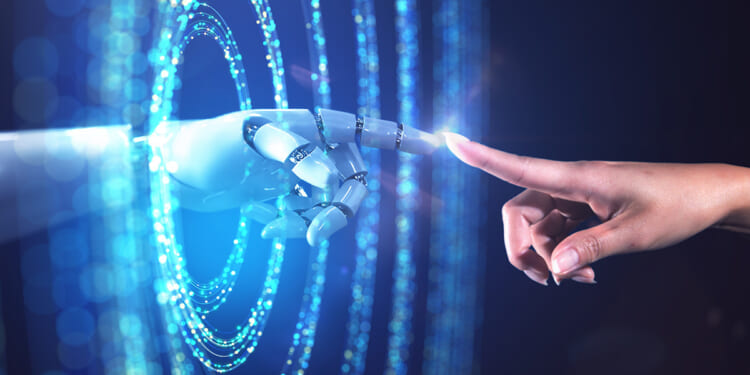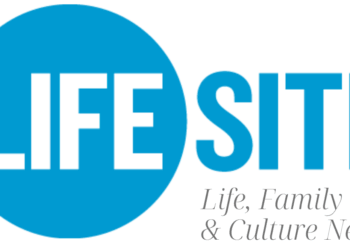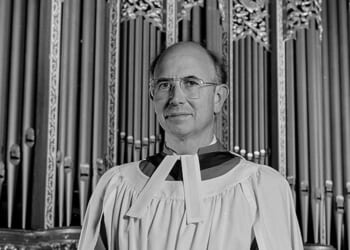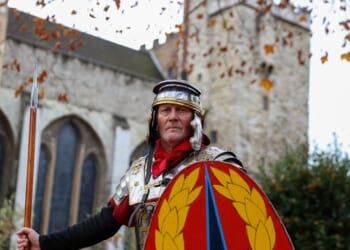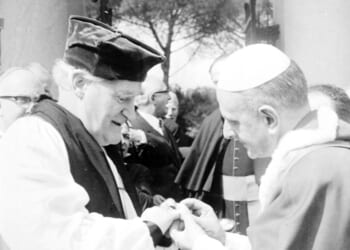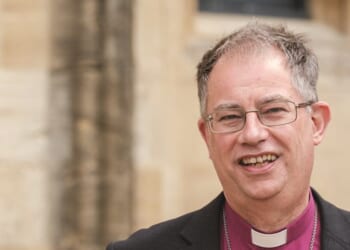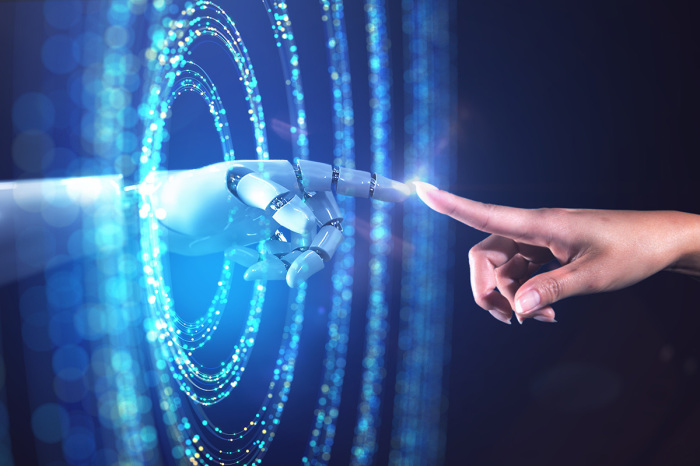
SEOUL, South Korea — AI is changing the world as we know it, and the Church has a responsibility to be ahead of the curve, says Christian technologist Nick Kim.
Kim, who has spent over 20 years working in the technology sector, including time at Google and YouTube, says AI is unlike anything else ever invented because while these “make our lives easier, they don’t really challenge what it means to be human.”
“AI is fundamentally different from any other invention because it is taking our most prized asset, our intelligence, and we are now outsourcing it to a machine,” he said.
What is more, that machine can create more intelligence, meaning AI’s growth is exponential. Kim says this growth will only accelerate, with huge implications not only for society but for the Church.
“Literally all aspects of society will evolve and grow at an accelerated pace, from business, to education, to the way that we relate to each other, to ministry, to the Great Commission,” he said.
“All these aspects will benefit from the boom in intelligence that we’ll have from these machines.
“So this is a prime opportunity for the Church to then not be backfooted but really lead the charge in this area and leverage this technology for the Kingdom of God and something good.”
Kim was one of the panelists in a special session on AI at the World Evangelical Alliance’s general assembly taking place this week.
Delegates at the assembly heard about some of the challenges that AI is presenting to the whole of society. These include problems with fake images, academic dishonesty, inaccurate information, a lack of transparency, the impact on jobs and the environment, and the fact that AI cannot distinguish between right and wrong in the way that humans can.
Quintin McGrath, a researcher on the link between AI and faith, spoke of a “human identity crisis” in which the principle of the image of God is “being replaced and challenged by AI,” while transhumanism — the belief that the human condition can be transformed by AI and other technologies — is “undermining the Gospel.”
He noted that attitudes toward this new technology vary considerably, even among Christians, some of whom are positive and others extremely suspicious.
“It ranges all the way from embracing the opportunities through to total resistance. It’s portrayed as a tool of the enemy in some cases, and in other cases, it’s a gift of God for us at this particular time. This is the tension we can see in the Church right now,” he said.
He believes that part of the role for the Church is to help build a “trust framework” for AI aimed at aligning it with biblical principles and sound theology, and increasing accountability.
“The core question is: does our AI system enhance our desire to love God and love our neighbors?” he said.
“Does our AI system strengthen or weaken our relationships with God and others? … Does it serve real human needs? Are we thinking about the benefit for everyone? Are we treating everyone equally?”
With AI already shaking work and jobs, McGrath said there was a need for Christian leaders to be increasingly “proactive” in providing pastoral care to those affected.
Also on the panel was philosopher and professor Chris Watkins, who said that, irrespective of personal feelings around AI, church leaders needed to care about it because of its impact on people.
“People are affected and in the future will be increasingly affected by AI, whether we personally are users of AI or not, and whether we personally are enthusiastic about AI or not,” he said.
“It is inevitable that people who are very close to us in our families, congregations and communities will have their lives changed by AI, and that should matter to us as people who believe in a God who died for people.”
Professor Watkins challenged Christians to consider the bigger picture and the human impact on both users and developers.
“What I would urge us all to do as we use AI is to look behind the screen and what AI presents to us; look at the infrastructure that’s necessary to present to us the prompt that flickers on our screen,” he said.
“Who is involved in making that possible, and who is hidden from our view? What people are involved in this huge global enterprise of AI that are off the stage?”
This article was originally published at Christian Today

